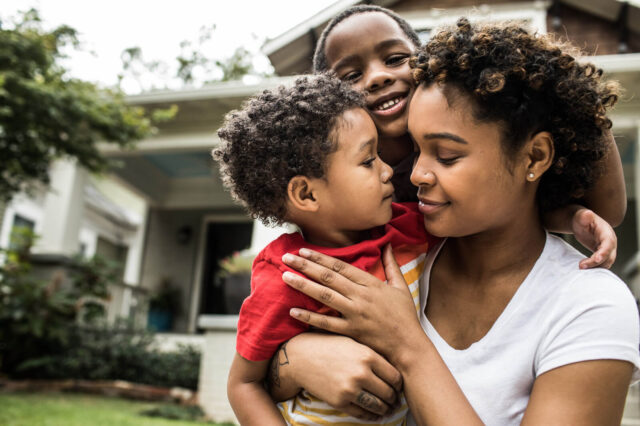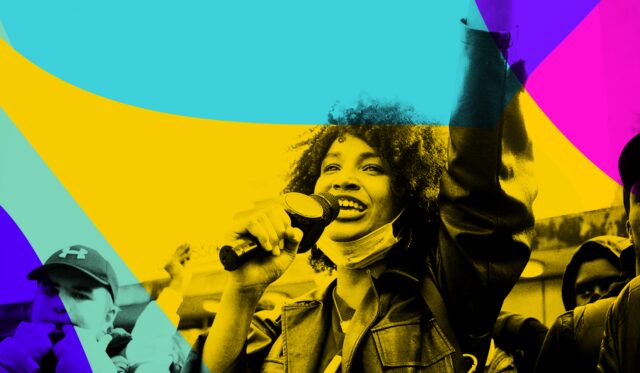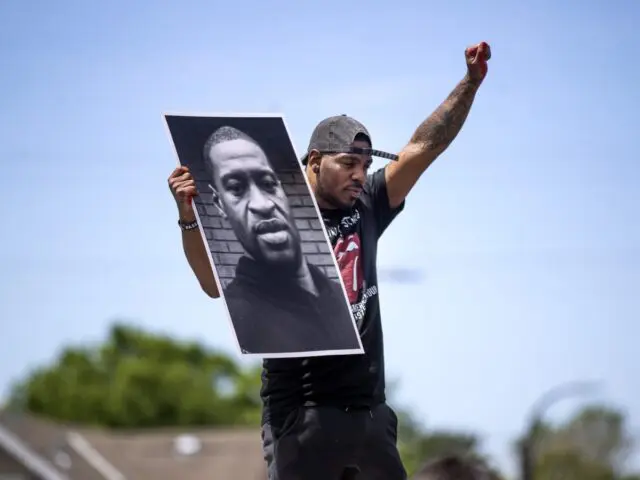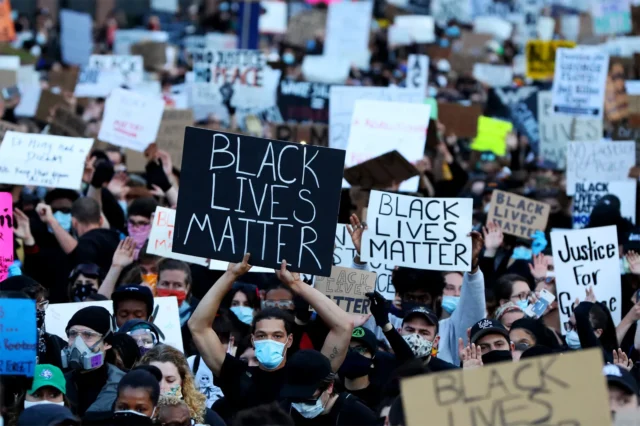
America is an utter paradox. People of color are frequently excluded from and subjugated within it, despite the fact that the nation’s core ideals defend the concepts of equality and liberty. So many of the laws and regulations that govern the country, which are supposed to set the foundation for progress, were really assembled with the intention of preventing individuals of color from participating.
Even though the country fought to outlaw the most despicable types of exclusion and oppression throughout the ages, it failed to eradicate ingrained structural racism. The unavoidable outcome is a warped American democracy that concentrates power and influence. African American current events have had a considerable impact on society. Black American newspapers, established in the 1800s, have been a dominant movement in the United States for social and political development. Notwithstanding its difficulties, the black American press remains an impactful influence in black communities.

African American Current Events and Their Impact on Society
More than one year following the shooting of George Floyd and thus the ensuing protests, political pledges, and debates throughout the country, 65% of African Americans claim that the added focus on racial disparity has not resulted in improvements to their livelihoods. In addition, according to freshly revealed data from an October 2021 study, 44% of respondents believe that equal civil rights for Black people in the U.S. are not prone to be attained.
It is a little shift from September 2020, when 56% of Black people expected reforms to improve their lives and 50% of Black adults felt colossal policy changes to alleviate the racial disparity in the nation that will result from the immense national emphasis on racial issues.
Many African Americans are worried about racial prejudice and its effects at the same time. Eight out of 10 persons (79%) report having first-hand experienced prejudice based on race or ethnicity, and the majority (68%) believe that discrimination is the ultimate barrier to Black people’s success.
Despite this, black people have a distinct vision for how to end racial discrimination, which includes participating politically, primarily by voting, supporting black enterprises to promote black communities, and supporting restitution in the form of financial support for education, businesses, and property ownership. This comes with abutment for extensive policy changes or complete revamps of several U.S. bodies to guarantee equitable treatment, especially the law enforcement system. Nonetheless, there is pessimism about whether American communities and their structures will change in ways that will lessen racism alongside their judgments of inequality and beliefs about development.

Effects Of The Black Lives Matter Campaign
For nearly a decade, the Black Lives Matter campaign has achieved great success. The movement sought to bring attention to police violence, which it has accomplished. Black individuals are 3.5 times more plausible than whites to be murdered by officers when they are defenseless and not aggressive, an important fact that has become a symbol of the BLM movement.
In general, African Americans are aware of the issues confronting the nation and how to solve them. Many doubt, nevertheless, that there will be significant changes throughout their lifetimes. Some of the movement’s noteworthy effects are listed below.
- Black Lives Matter made it acceptable to document Black suffering at the hands of those pledged to equal treatment for all. We might not be aware of George Floyd, Freddie Gray, Eric Garner, Sandra Bland, or Korryn Gaines without recorded video.
- Public perception was changed by Black Lives Matter. For instance, a 2017 Pew poll indicated that 54% of white individuals believed that shootings by police officers that included Black persons were indicators of a larger issue. It is a significant accomplishment that more than 50% of white individuals believe that police have racial conflicts. This change in attitude opened the door for policy reforms at the municipal, state, and federal levels regarding police enforcement and the justice system in general.
- Black Lives Matter played a role in bringing about several organizational and policy reforms in the police, including the introduction of body cameras, cognitive bias training, and restrictions on no-warrant searches.
- Black Lives Matter contributed to bringing to light the taxpayers’ excessive spending on policing and compensating victims of police violence.
- Federal scrutiny of troubled communities like Ferguson, Louisville, Baltimore, and Minneapolis was sparked in part by this movement.
- To better understand what law enforcement strategies eliminate racial inequities and which ones do not, BLM changed data-gathering activities in the university, law enforcement, and central agencies.
- A new generation of politicians and elected leaders has been inspired by this movement.
- The phrase “Black Lives Matter” is painted in yellow across the street from the White House.
Some individuals tend to overlook the goals of this movement easily while discussing racism. Black Lives Matter is a catchphrase because Black lives are undervalued, not just in interactions with the police but also in settings like hospitals, schools, and even the value of residential housing in Black neighborhoods.

Conclusion
A thriving democracy needs all of its people to participate. Nonetheless, despite developments in law and policy that have expanded the privilege of voting, the United States still summons the ghosts of a disgraceful past by using fresh strategies for voter suppression that specifically target black individuals. It is not an alternative to continue to be on guard against these attempts and to reject any traces of the past that are racist.
By disseminating information about impending elections and contenders, the black press may also assist in fostering an active voting base. They may make sure that citizens are properly educated and conscious of their liberties and obligations when casting a vote by covering public debate and campaign forums. They can also give civil bodies a forum to organize and schedule voting programs and initiatives. They can encourage a continuous conversation about the community’s current situation by giving a forum for discussion of local concerns and offering an alternate perspective on the news. This may result in more voter turnout, more engaged citizens participating in national policy discussions, and improved local government leadership.









